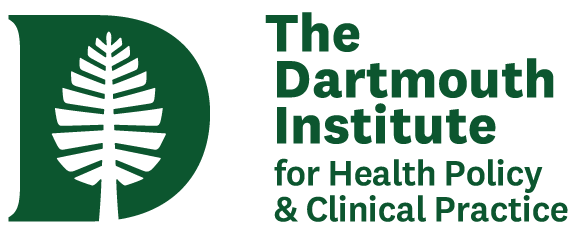Calvin Thomas IV, MS’03
Chief of Clinical Operations and Strategic Innovation, Logan University Health Centers See Calvin's ProfileJulie Johnson, MSPH, PhD'00
Professor of surgery, Feinberg School of Medicine; Research team member, Northwestern University’s Center for Healthcare Studies See Julie's ProfileShruthi Patchava, MPH’20
Product Specialist at Facebook; Former Senior Consultant at Cloudmed See Shruthi's ProfileMelissa LeBrun MPH ’22
Director of Family Nurse Practitioner program at Loyola See Melissa's Profile
